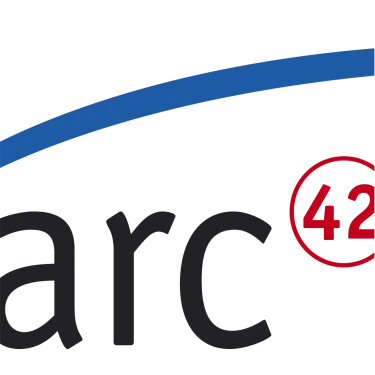MISRA C is a widely adopted set of guidelines (aka “standard”) for developing software in the C language, especially for safety‑ and security‑related embedded systems. It defines a safer, more predictable subset of C and practices to reduce undefined behavior, increase analyzability, and improve assurance.
Current edition: MISRA C:2023 (Third edition, Second revision), which consolidates and updates MISRA C:2012 and its amendments and corrigenda.
Note: Compliance with MISRA C is often required or strongly recommended in safety‑critical industries such as automotive, aerospace, rail, industrial, and medical devices.
Scope and core concepts
- Safer C subset: rules and directives restrict dangerous or ambiguous language features and usage patterns.
- Classification: guidance is categorized as Mandatory, Required, or Advisory; rules are also marked as Decidable or Undecidable and as Single Translation Unit or System level.
- Compliance and deviations: projects can deviate from Required/Advisory items with documented rationale; Mandatory items must always be met. MISRA Compliance:2020 gives the authoritative compliance process.
- Tool support: many guidelines are checkable by static analysis, but there is no official MISRA certification of tools; judgment and review remain essential.
Quality attributes emphasized
The guidelines enforce a safer subset of C and structured practices that directly support several software qualities:
| Attribute | Relevance in MISRA C |
|---|---|
| Safety | The primary goal. The rules are designed to prevent undefined behavior and common programming errors that can lead to safety hazards. |
| Reliability | Enforced by rules that reduce the likelihood of defects and unexpected behavior. |
| Analyzability | A key goal. The guidelines are designed to make the code more analyzable by static analysis tools. |
| Maintainability | Promoted through rules that improve code clarity, consistency, traceability, and comprehensibility. |
| Flexibility | Addresses portability aspects by avoiding implementation‑defined behavior and reducing compiler-/platform‑specific constructs. |
| Security | Many rules that enhance safety also contribute to security by preventing vulnerabilities such as buffer overflows and data corruption. |
| Testability | Indirectly supported by rules that lead to simpler, more modular, and deterministic code, which is easier to test. |
| Efficiency | Indirectly supported by catching errors early in the development cycle, which leads to a more efficient development process. |
| Understandability | Promoted through rules that improve code clarity, consistency, and comprehensibility. |
When to use
- Safety‑ and security‑related embedded software in C where high assurance is required.
- To meet or demonstrate alignment with sector standards (e.g., automotive, medical, industrial) that reference or permit MISRA C as a suitable C subset.
References
Official
- MISRA C:2023 announcement (overview): https://misra.org.uk/misra-c2023-released/
- MISRA Publications (free guidance and addenda): https://misra.org.uk/publications/
- MISRA Compliance:2020 (free PDF): https://misra.org.uk/app/uploads/2021/06/MISRA-Compliance-2020.pdf
- MISRA FAQs: https://misra.org.uk/faqs/
Related standards and guidance
- ISO 26262 - Road vehicles — Functional safety
- IEC 62304 - Medical device software
- ISO/IEC 9899 — Programming Languages — C (language standard)
Additional overview
- Wikipedia: MISRA C — https://en.wikipedia.org/wiki/MISRA_C
